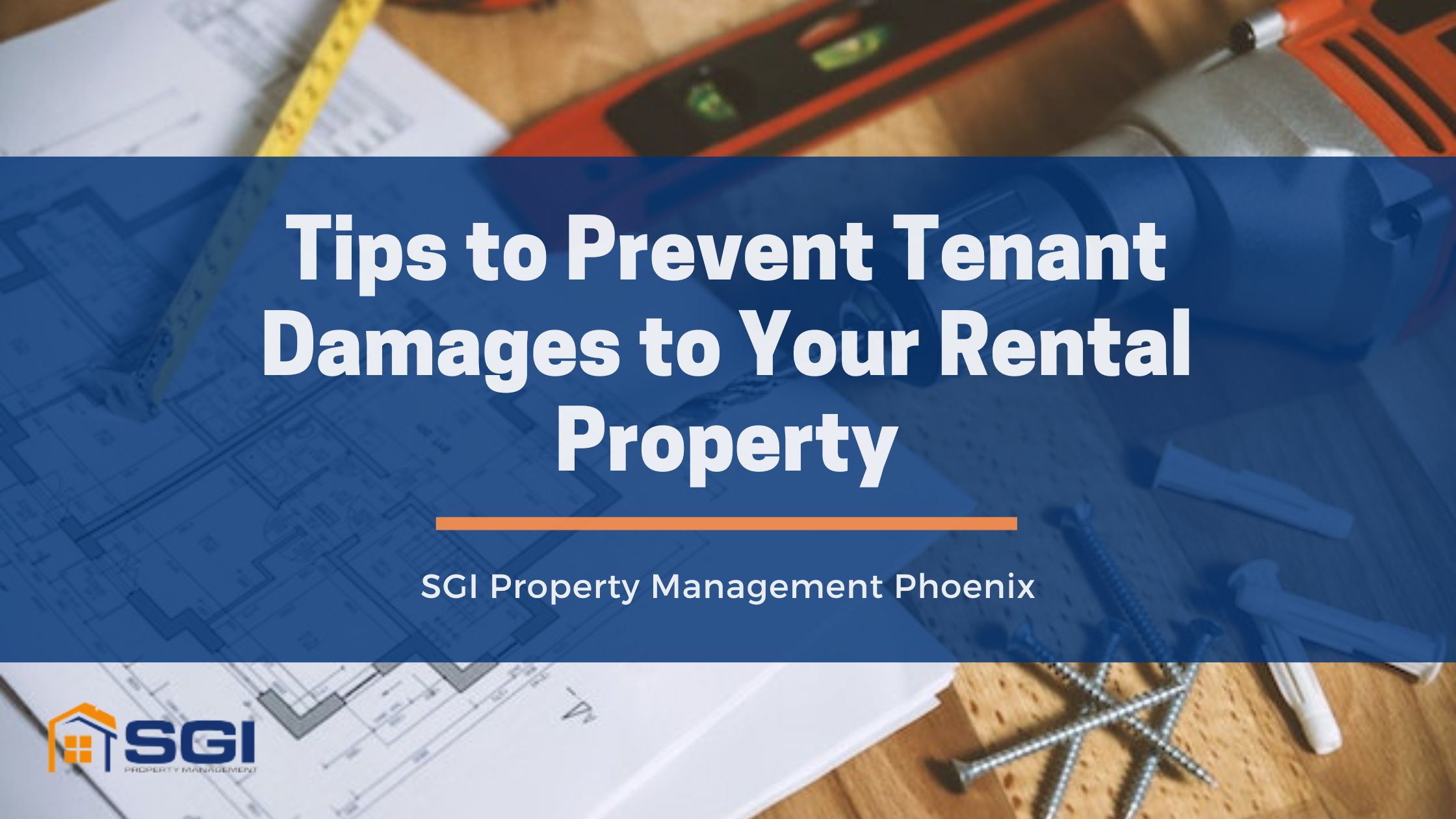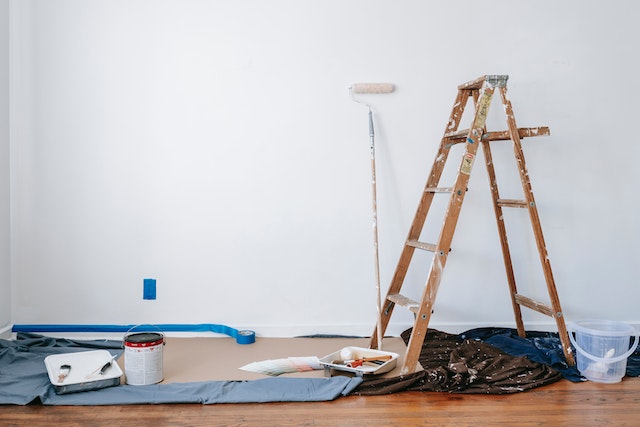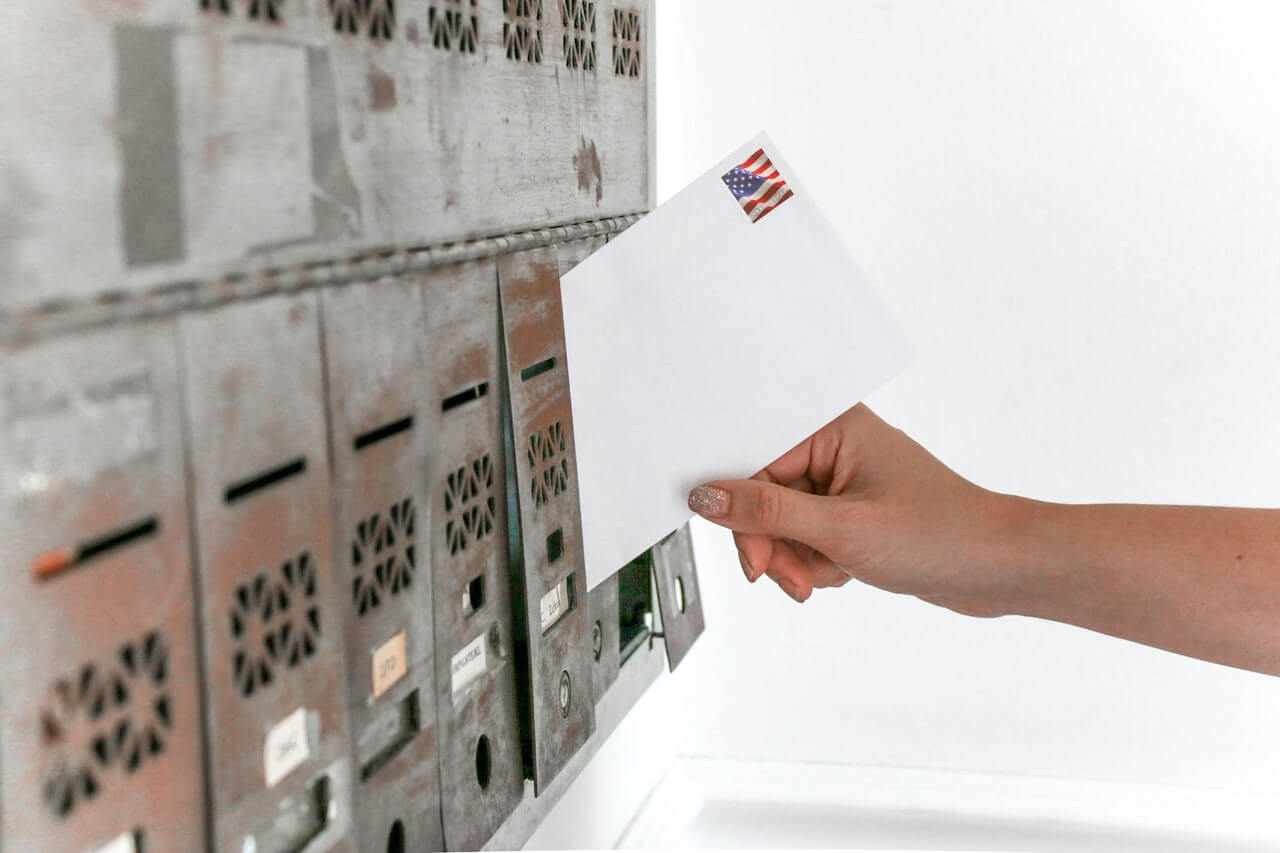
Rental homes are naturally exposed to tenant damage, but this shouldn’t be cause for dismay. There are several things landlords can do to minimize and prevent tenant damages to their rental property. Here are some tips to help you along the way!
Plan Your Property Renovations Well
Some landlords can end up overinvesting when upgrading their rental homes. You can avoid this by figuring out the needs of your renters first.
When planning for property improvement, purchasing new appliances, and/or replacing the flooring or countertops, make sure to invest in durable items. The quality of the items you select can make all the difference. For instance, carpets can look worn down in only a few years, as opposed to tiles or wooden flooring.
Design a Proper Tenant Screening Process
Conducting a detailed and effective tenant screening greatly reduces the chances of accepting problematic residents. As such, it’s best to seek references from prior landlords. Contact them and inquire about the prospective tenant. Ask if the renter left excessive damage on their property.
If yes, ask whether the occupant took full responsibility for the incident. If the renter hid the situation or pinpointed blame to others, it’s best to reject the application to prevent the risk of experiencing the same.
Aside from reviewing a tenant’s rental history, you should also evaluate the renter’s creditworthiness, employment, income, and criminal records.

Prepare a Thorough Leasing Agreement
With a solid lease or rental agreement, you can minimize risk and protect your rental business from potential disputes with renters. You should be specific about behaviors that can contribute to property damage, like smoking, growing houseplants, or failing to report property repairs.
Prior to lease signing, you must inform the renters of their duty to maintain the rental space. This leads to minimal conflicts later on.
Be Attentive during Move-in
Usually, rental units are exposed to risk during the move-in period, especially in an unfurnished space. With bulky furniture being moved around, you can expect dents, scratches, and marks on the walls and flooring.
Find ways to minimize these types of damages as much as possible by adapting safer methods of moving furnishings and big items around.
Inspect Your Rental Unit Regularly
For preventive maintenance in your rental home, schedule routine walk-through inspections to spot potential tenant damage. As a landlord, it’s your duty to maintain a habitable home, and keeping up with property inspections is a must.
Conducting inspections can help you find property damages early and get them fixed, as well as ensure your unit remains compliant with building, health, and safety codes. You can also monitor the unit’s condition and make it attractive to renters who may want to continue their tenancy.

Check every detail from the entry doors and windows to the vital home systems, such as cooling and heating, plumbing and electrical, and even lighting fixtures to address maintenance issues. Include leak inspections, gutter maintenance, and outdoor landscaping as well.
You can conduct move-in inspections, seasonal inspections, drive-by inspections, and move-out inspections. Check Arizona laws concerning the proper notice period before a property inspection, and show respect to your renters by giving them time to rearrange their schedules if they choose to be present during the inspection.
Cultivate Excellent Tenant Relations
Understand that a rental business means communicating with people and learning how to build professional relationships with your renters. One of the best ways to do so is to listen and act immediately when it comes to property repairs. This earns respect from your renters.
Further, honor your tenants’ privacy and avoid spying on them by giving proper notice before attending to any repairs or conducting an inspection. Your renter deserves peaceful and quiet enjoyment of their rental space.
Focus on Long-Term Renters
Even if you’ve built trust with a long-term renter and think there’s minimal damage, it pays to be vigilant. In fact, the longer a tenant stays, the higher your exposure to property damage.
Never neglect property inspections on units occupied by residents for longer periods of time. If any maintenance problems occur, it’s best to coordinate repairs as soon as you can to save on bigger costs in the future. The more you delay required repairs, the higher the risk of tenant turnover as well.
Request a Security Deposit from Your Renter

An effective deterrent to property damage is requiring a security deposit. Since renters want the deposit to be refunded, they’ll make sure to treat the rental unit well. It’s an effective way of incentivizing the residents to keep up with their maintenance duties.
Under state law, landlords may collect security deposits from renters. Make sure to verify Arizona security deposit laws before settling on a deposit amount.
Bottom Line
These tips are crucial in preventing and reducing property damage in your investment property. If you want a hands-off management approach or lack time to perform critical property maintenance, you can always hire a trusted property management company like SGI Property Management Phoenix.
Contact us today to learn more about our outstanding services and reasonable rates!









